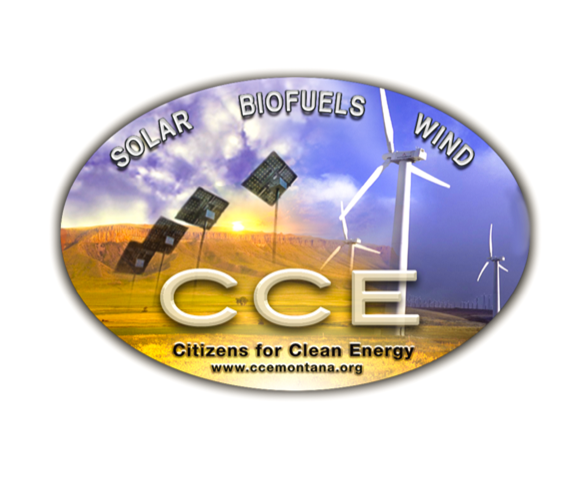|
Several bills are coming up for a vote that we should oppose. Visit MEIC's Legislature Bill Tracker page for more information.
SB379 - The 'Colstrip Welfare Bill' that stiffs us ratepayers
It's 'corporate WELFARE' for NW Energy (I don't mind paying for transmission/distribution upgrades, but NOT for this!) and it is also probable it cuts out the PSC from the process, and those are the commissioners we pay $108K a year - each - to not be engaged with this? RDL - chair of CCE PS - this certainly not good for ratepayers, conservation and the Earth..... This bill will prohibit the use of state funds or other assistance to support non-profit or for-profit radio stations. If you have time, please call 1-406-444-4800 from 7:30 a.m. to 5 p.m. during the week or however long the legislature is in session on Saturdays.
You can also reach the legislators at: https://www.leg.mt.gov/ To view the bill's language, click here. Montana Judge Brian Morris rules against the 'Secret Science' rule - https://thehill.com/policy/energy-environment/536264-court-rules-against-fast-track-of-trump-epas-secret-science-rule
CCE has joined MEIC and the Environmental Defense Fund in the legal action mentioned in the article below. By Rachel Frazin - 01/11/21 05:20 PM EST
Green groups on Monday filed a lawsuit in an attempt to prevent a new rule limiting the Environmental Protection Agency’s (EPA) use of certain studies from taking effect. The lawsuit takes aim at the EPA’s Strengthening Transparency in Regulatory Science rule, also known as the "secret science" rule, which restricts the use of studies that don’t make their underlying data public. The agency has billed the rule as a transparency measure, though its opponents argue that it will prevent consideration of important public health studies that can’t publish their data for reasons such as privacy. The suit, brought by the Environmental Defense Fund, the Montana Environmental Information Center and Citizens for Clean Energy, argued that the rule itself and its immediate effective date violate the Administrative Procedure Act. Specifically, it argued against the agency’s characterization of the rule as procedural, which would allow it to become effective when it is published in the Federal Register, arguing instead that the rule is “substantial” and should get a 30-day waiting period like other substantial rules. Deepak Gupta, one of the lawyers on the case, told The Hill that even though the effective date may sound like a minor procedural issue, it has "enormous consequences." "If the rule doesn't go into effect immediately, we can ask the EPA to delay the rule and then challenge the rule and it might never go into effect," Gupta said, adding that he'd expect the Biden administration to try to undo it. The suit also argued that the rule will “cripple the Environmental Protection Agency’s ability to protect public health and the environment by fundamentally transforming the ways in which the agency may consider and rely on scientific evidence.” The EPA did not immediately respond to The Hill’s request for comment. In a Wall Street Journal op-ed last week announcing that the rule had been finalized, EPA Administrator Andrew Wheeler wrote that “part of transparency is making sure the public knows what the agency bases its decisions on.” “When agencies defer to experts in private without review from citizens, distinctions get flattened and the testing and deliberation of science is precluded,” he added. Updated at 6:16 p.m. |
Details
Archives
April 2022
Categories |
